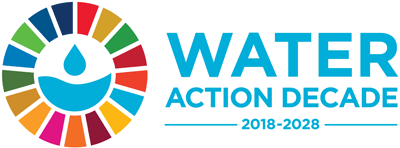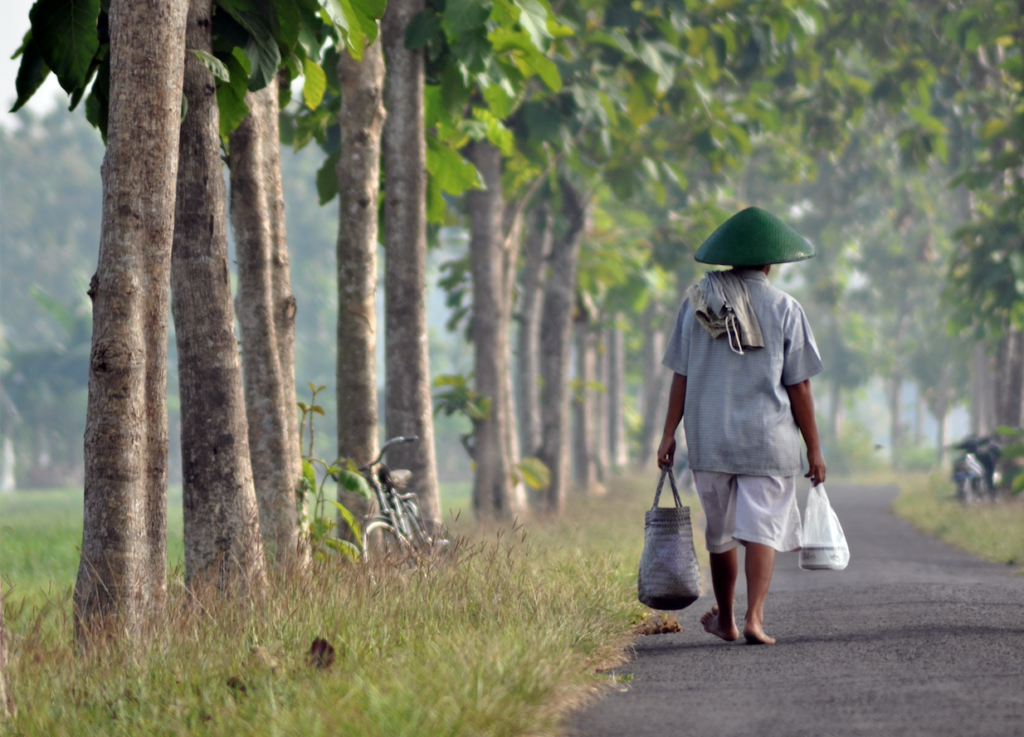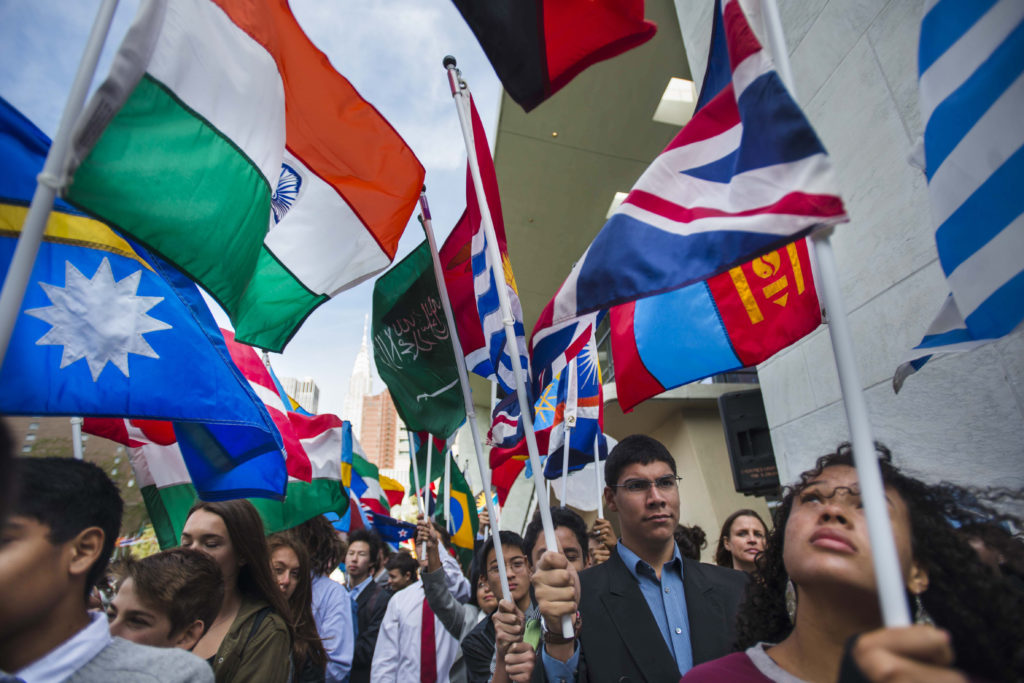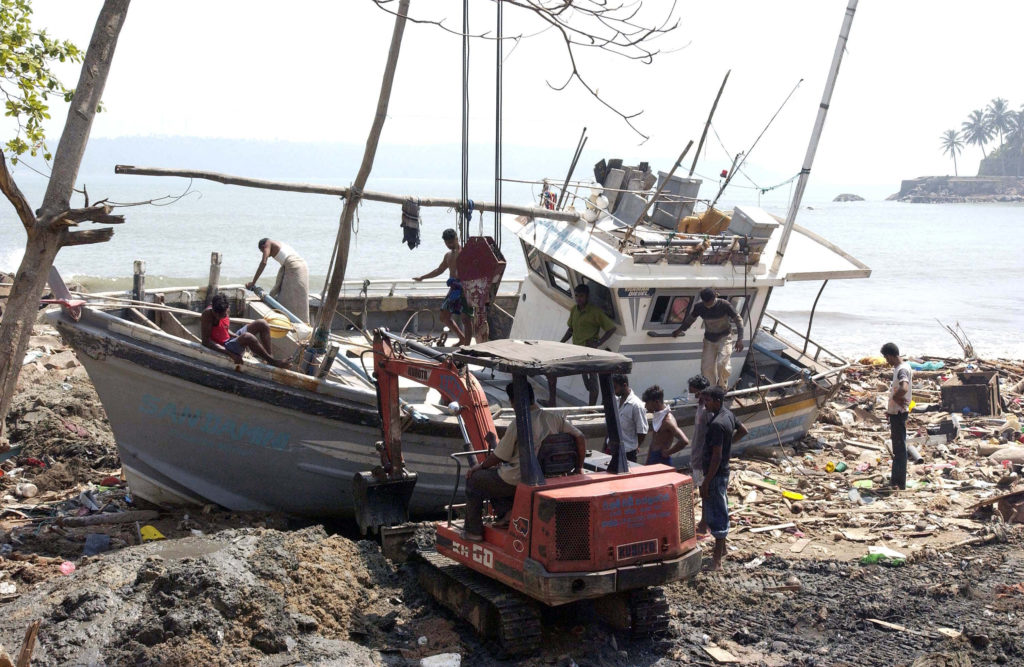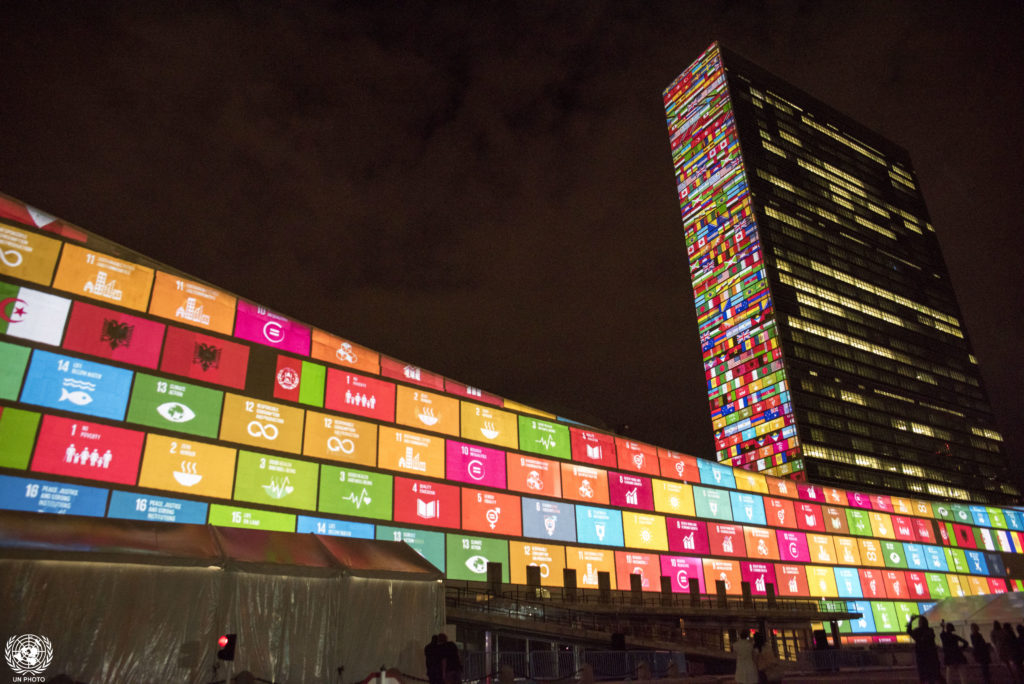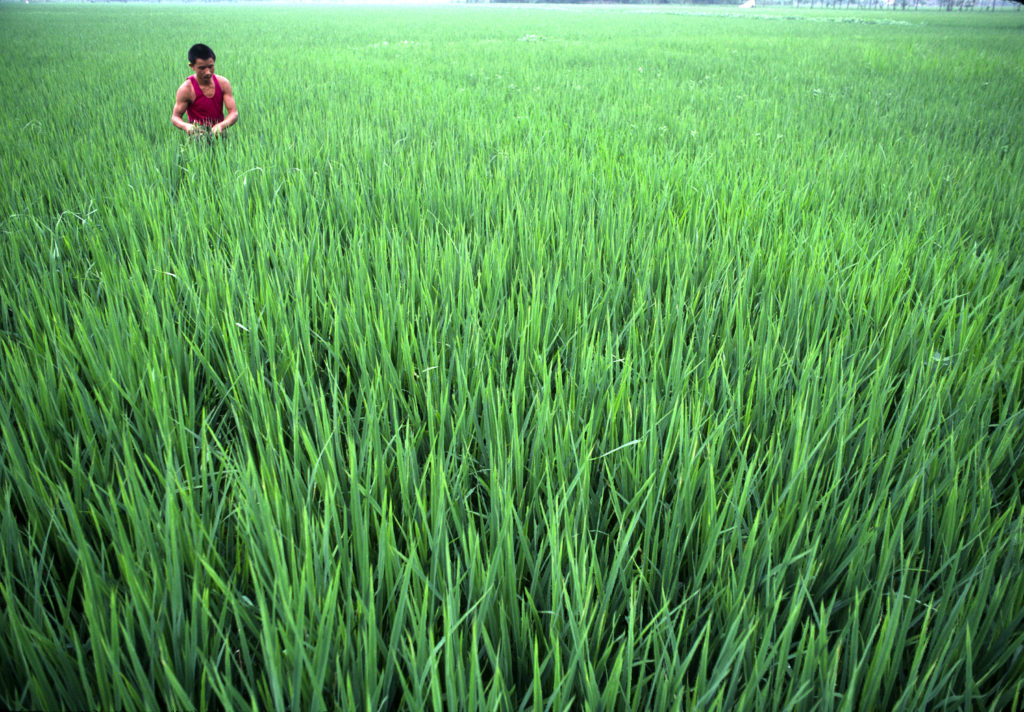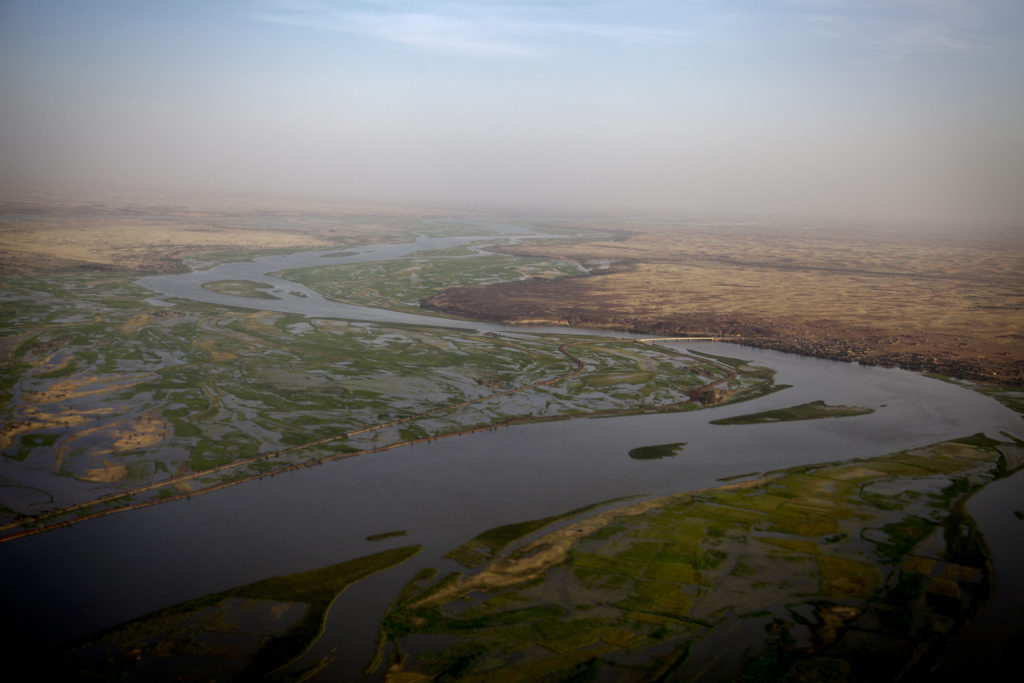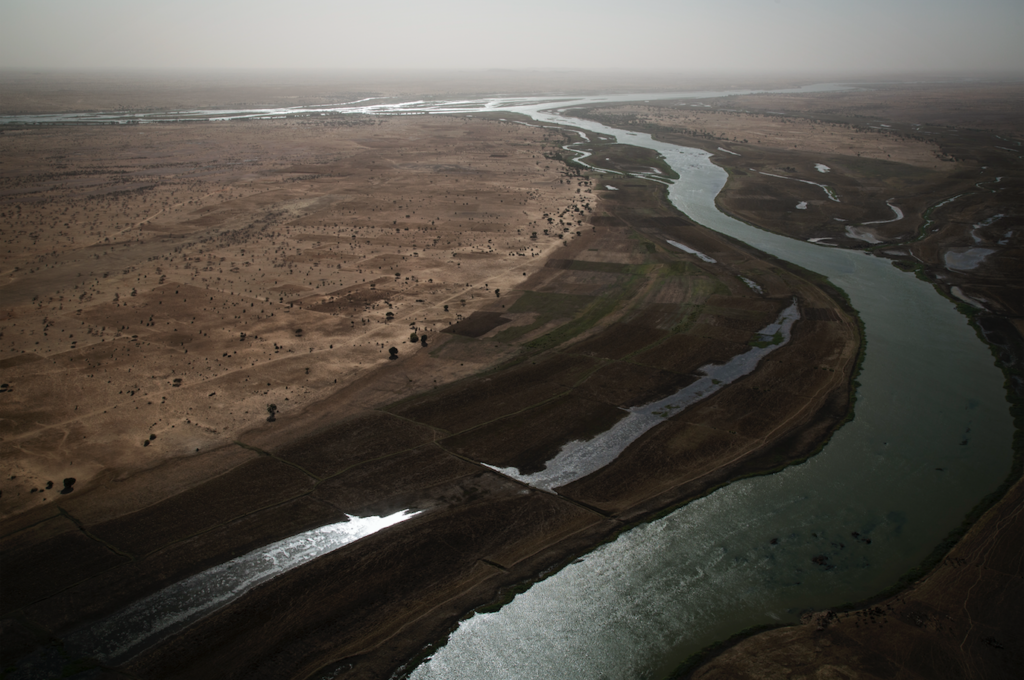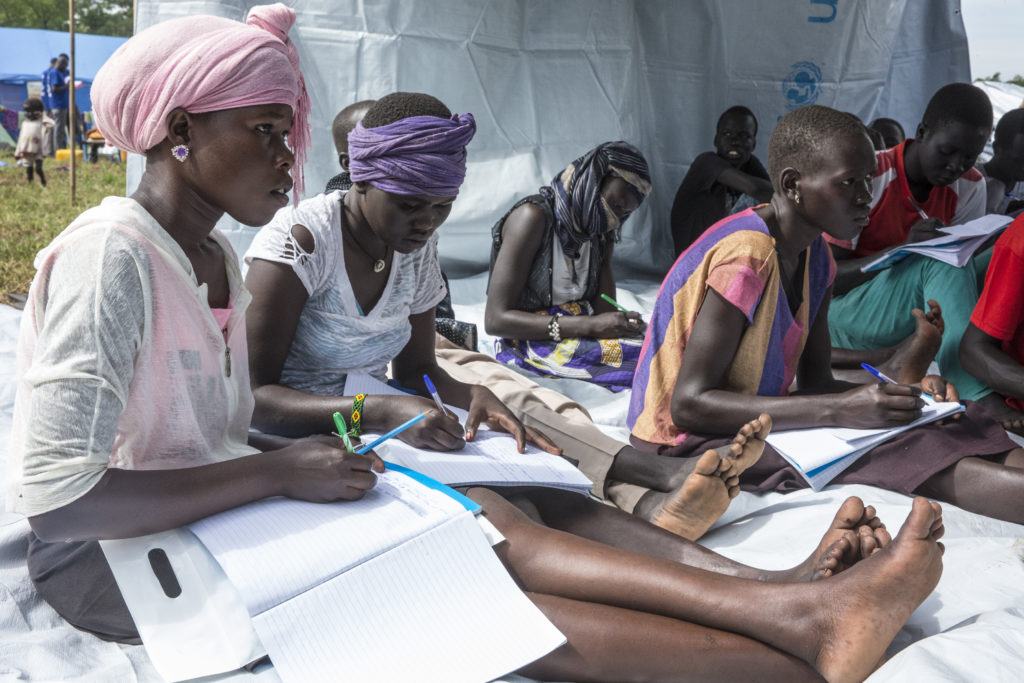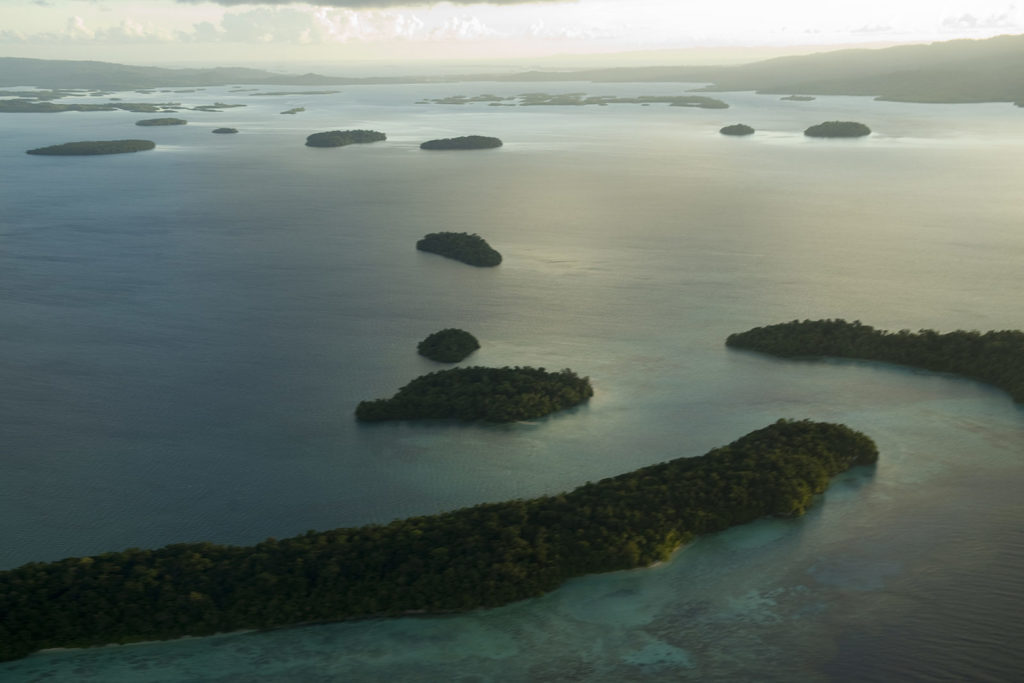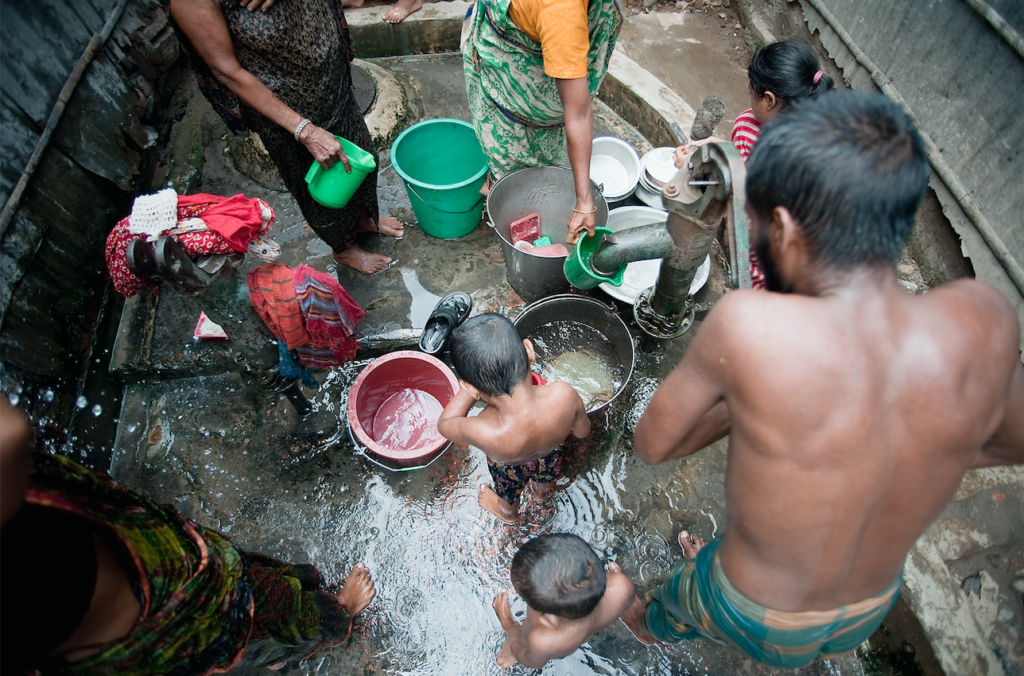A global framework on water scarcity in agriculture
The Global Framework on Water Scarcity in Agriculture (WASAG) has been designed to bring together key players across the globe and across sectors to tackle the collective challenge of using water better in agriculture to ensure food security for all. It is an initiative for partners from all fields and backgrounds to collaborate in supporting countries...
